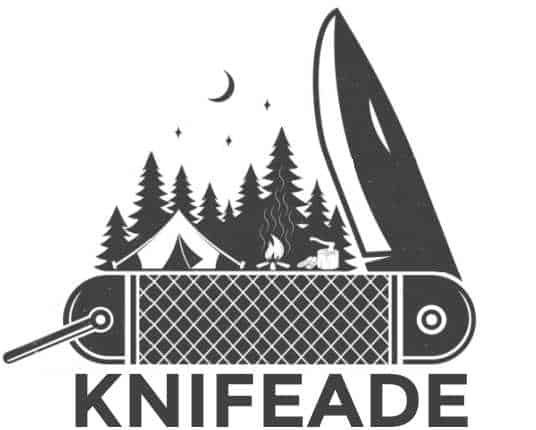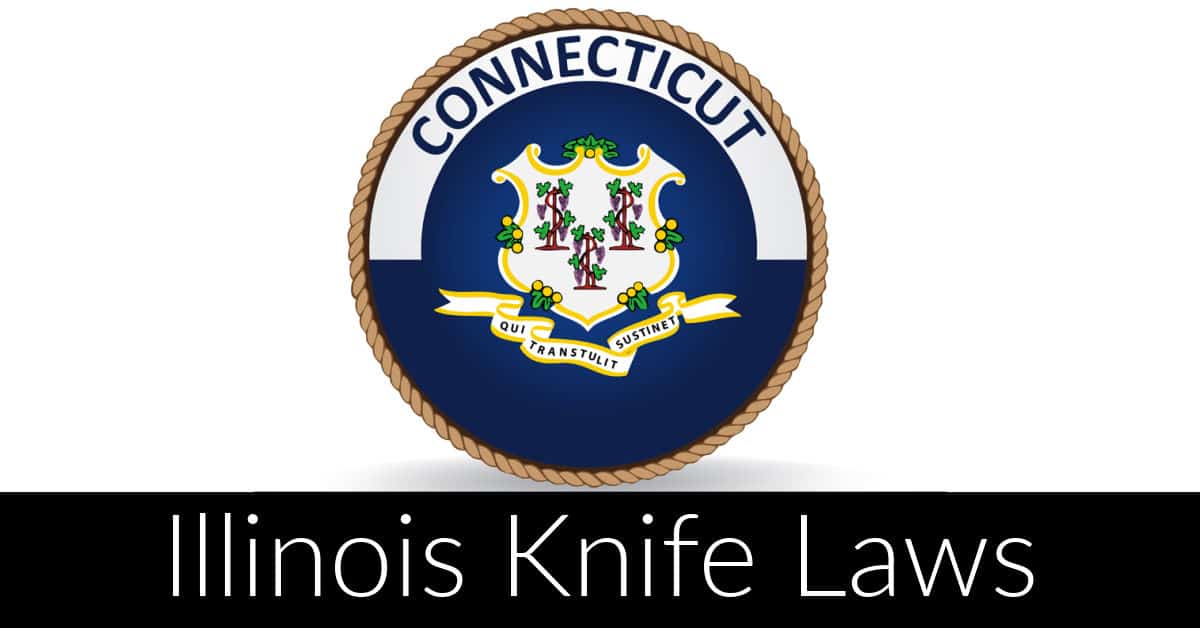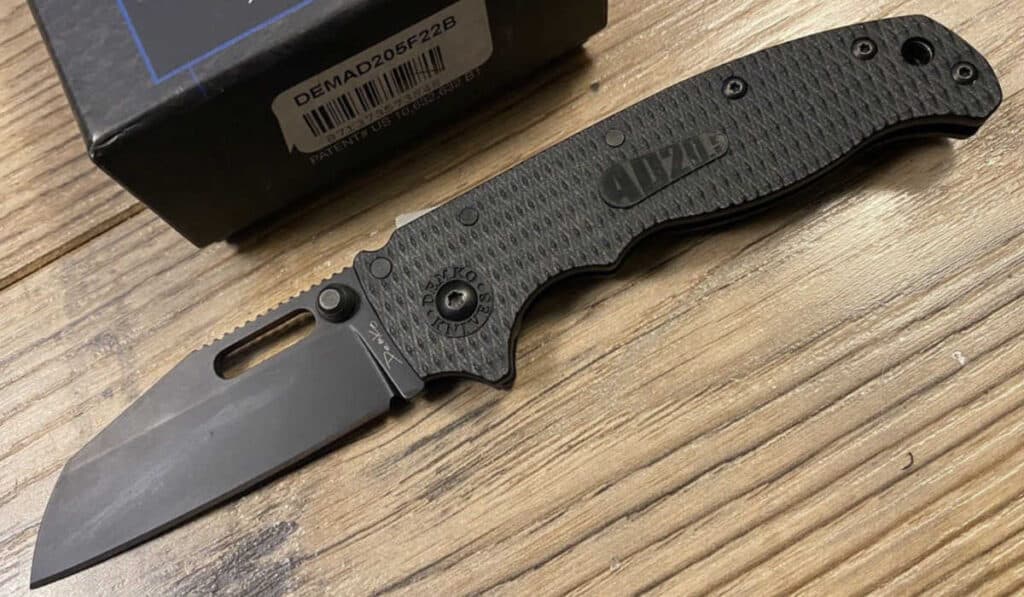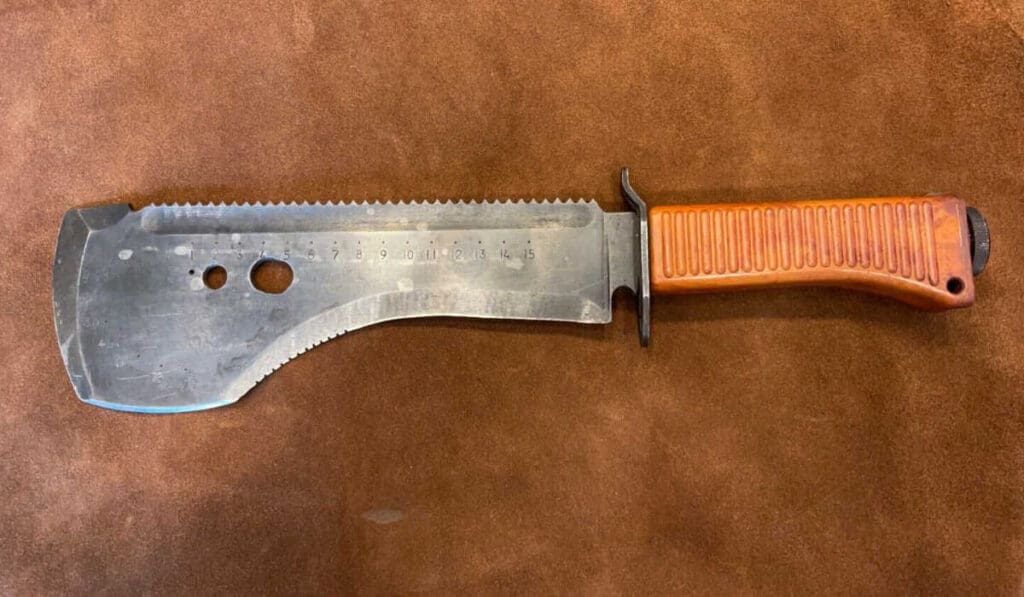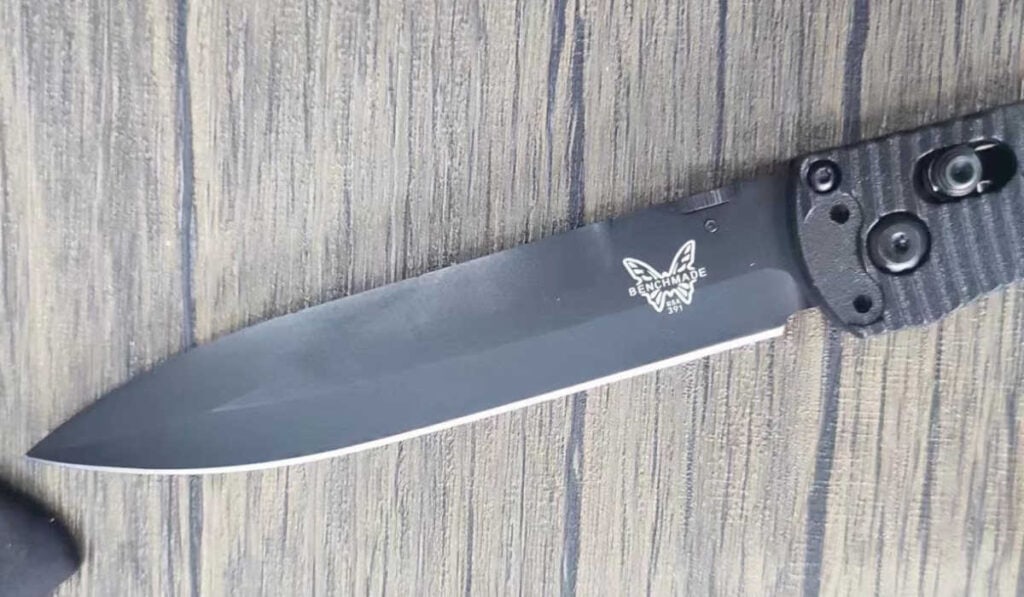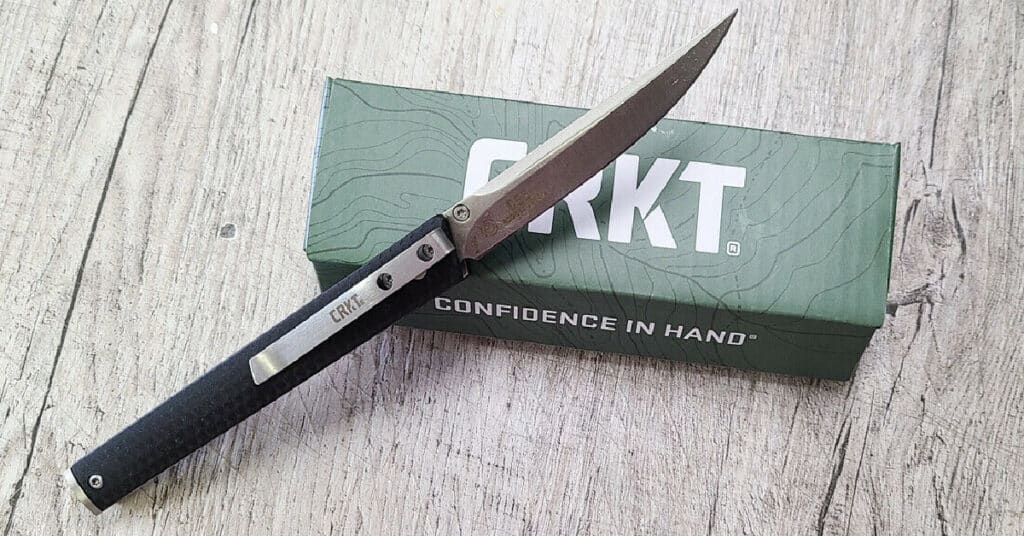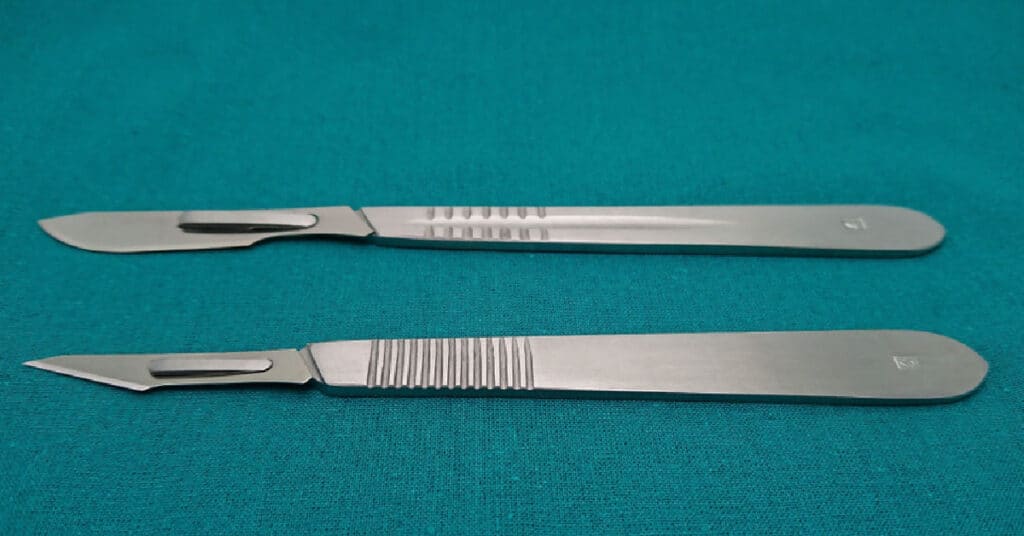Last updated on October 20th, 2023 at 07:04 pm
This article was created to be a brief synopsis of the law according to my understanding and is not legal advice. Knifeade is not a legal service provider. Using this site does not create a client/lawyer relationship. Because knife laws can be interpreted differently by different people and entities it is recommended that you consult legal counsel for specific information and guidance.
Connecticut, with its serene lakes and ponds, is a haven for outdoors enthusiasts. Known for its relatively low crime rates, some attribute this to the state’s stringent laws regarding the carrying of knives and other weapons. If you’re planning a fishing or hunting adventure, understanding Connecticut’s knife laws is crucial.
Our Top Rated “50-State-Legal” Knives
*These knives are listed based on their broad legality across states, but always consult your local laws before making a purchase.
Does Connecticut Have Statewide Preemption on Knife Laws?
Connecticut lacks statewide preemption on knife laws, allowing local municipalities to enact their own knife restrictions. For instance, Cheshire prohibits carrying knives in parks and recreational facilities, while New London considers any knife with a blade longer than three inches as a dangerous weapon. It’s essential to familiarize yourself with both local and state laws before visiting different areas.
Important Knife-Related Definitions in Connecticut
You should know certain terms to understand the Connecticut knife laws better. They include:
- Dangerous Weapon: Includes firearms, metal knuckles, clubs, and certain knives like gravity or switchblade knives. Local definitions may vary, like in New London where knives with blades longer than three inches are classified as dangerous.
- Possess: Having physical possession or exercising control over tangible property.
- Intentionally Act: When someone consciously aims to cause a result or engage in conduct outlined by statute defining an offense.
- Knowingly Act: Refers to being aware that one’s conduct is of a nature or in circumstances described by the statute defining the offense.
- Martial Arts Weapons: Include items like Chinese throwing stars, kama, nunchaku (nunchuks), octagon sai, kasari-Fundo, and tonfa weapons.
- Electronic Defense Weapon: Weapons that temporarily incapacitate a person using an electronic impulse or current, such as stun guns.
Legal Knives in Connecticut
Connecticut permits ownership of various knives including:
Connecticut permits ownership of various knives including:
- Balisongs
- Automatic knives
- Gravity knives
- Switchblades
- Pocket knives
- Dirks, stilettos, push knives, and other stabbing knives.
- Bowies and other large knives
- Swords, etc.
However, owning a knife and carrying it in public are treated differently under the law. While all knives are legal to own, carrying certain types can be restricted.
Illegal Knives in Connecticut
Connecticut doesn’t designate any knives as illegal.
There are only limitations when you carry the knives in public or outside your home.
Connecticut Knife Carry Laws
Restrictions On Carrying Dangerous Weapons
Connecticut law prohibits carrying certain dangerous weapons, including automatic knives with a blade longer than 1.5 inches and any knife with a blade longer than four inches.
Restrictions on Carrying Weapons in Vehicles
Carrying weapons in vehicles is generally prohibited in Connecticut, with the law designating it as a class D felony if someone knowingly has any weapon in a vehicle they own, operate, or occupy. However, exceptions may exist if the knife is secured and inaccessible during transport. It’s advisable to consult local laws or a legal professional for clarification.
Restrictions on Carrying Weapons on School Grounds
Possession of a firearm or a deadly weapon on school grounds or at a school-sponsored activity, on or off school property, is classified as a class D felony.
Restrictions on Carrying Knives in Parks or Rec Facilities
Some towns, like Cheshire, have outlawed carrying any knife in a park or recreational facility. You should check locally to see if there are specific restrictions that apply to you.
Exemptions
Exemptions exist for peace officers, licensed security guards, and licensed hunters, fishers, and trappers when actively engaging in their licensed activities.
Connecticut Knife Length Laws
Connecticut imposes specific blade length restrictions: carrying an automatic knife with a blade longer than 1.5 inches or any knife with a blade longer than four inches in public is illegal.
Again, it’s important to remember that individual towns may have their own restrictions.
Connecticut Knife Laws by Demographic
Can Minors Carry Knives in Connecticut?
While no specific age restriction exists on who can carry or buy knives, general weapon possession and use laws still apply to minors.
Can a Felon Carry a Knife in Connecticut?
Connecticut doesn’t have a specific law regarding felons and knife ownership, but federal law bans felons from owning or possessing weapons, including knives.
Connecticut Concealed Carry Knife Laws
Connecticut law doesn’t distinctly differentiate between open and concealed carry of knives. The legality revolves around the type and length of the knife being carried.
Connecticut Knife Law FAQs
Are butterfly knives illegal in Connecticut?
Butterfly knives, also known as balisongs, are legal to own, but carrying one in public may be subject to restrictions if the blade is longer than 4 inches.
Are switchblades illegal in Connecticut?
Switchblades are legal to own but carrying them in public is restricted if the blade is longer than 1.5 inches.
Are OTF knives legal in Connecticut?
OTF, or Out-The-Front knives, fall under the category of automatic knives. They are legal to own in Connecticut, but the same restrictions apply as with switchblades – carrying an automatic knife with a blade longer than 1.5 inches in public is illegal.
Are karambits legal in Connecticut?
Karambits are legal to own in Connecticut. However, if the blade is longer than 4 inches, you could face restrictions on carrying it in public.
Are gravity knives legal in Connecticut?
Gravity knives are legal to own in Connecticut. However, carrying one in public may be subject to restrictions, especially if the blade exceeds the specified length limit of 4 inches. Always remember to check local laws as they can differ from state laws.
Connecticut State Knife Law References
Official Sources of Connecticut’s Knife Laws
- Connecticut General Statutes:
- Section 53-206: Carrying of dangerous weapons prohibited.
- Section 53a-217b: Possession of a weapon on school grounds: Class D felony.
- Section 29-38: Weapons in vehicles. Penalty. Exceptions.
Significant Court Cases
| Case Title | Summary |
|---|---|
| State of Connecticut v. DeCiccio | This case, decided on December 23, 2014, involved the right to transport knives as a corollary right to a right of self-defense, with the state Supreme Court overturning a conviction for transporting a dirk knife and police baton. |
| State v. Cody M. | This case involved a series of knife stabs and discussed whether they constituted a single, continuous act. |
Timeline of Major Changes in Connecticut’s Knife Law History
While there isn’t a clear timeline found for major changes in Connecticut’s knife laws, there are a few changes worth noting:
- 2012: There’s a case law in the 2012 Connecticut General Statutes concerning carrying of long knives and switchblade knives.
- 2014: State of Connecticut v. DeCiccio case established a significant precedent regarding the right to transport knives.
